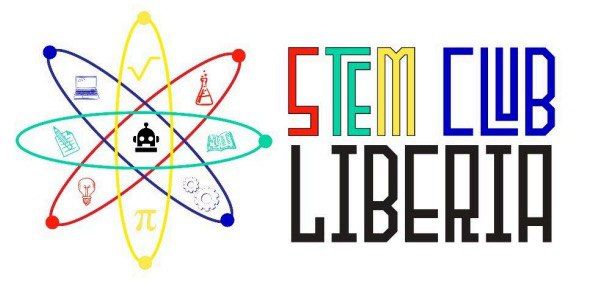The Role of STEM Education in Liberia's Economic Growth
The Importance of STEM Education
Science, Technology, Engineering, and Mathematics (STEM) education plays a crucial role in shaping the future workforce of any nation. In Liberia, where economic growth is a significant priority, investing in STEM education can pave the way for sustainable development and innovation. By equipping students with critical thinking and problem-solving skills, STEM education forms the backbone of a robust economy.
With the increasing demand for technology-driven solutions worldwide, Liberia cannot afford to lag in STEM education. The benefits extend beyond individual success, influencing the nation’s ability to compete globally. By nurturing a generation of innovators and tech-savvy professionals, Liberia can enhance its economic landscape.

STEM and Economic Growth
The relationship between STEM education and economic growth is well-documented. Countries with a strong emphasis on STEM fields often experience higher levels of innovation and productivity. For Liberia, enhancing STEM education means creating a workforce capable of driving industries such as agriculture, mining, and technology forward.
Incorporating STEM into the educational system can lead to advancements in local industries by fostering a culture of research and innovation. As students become more adept in these fields, they are better positioned to create solutions to local problems, thus contributing directly to the economy.

Challenges in Implementing STEM Education
Despite its importance, implementing robust STEM education in Liberia faces several challenges. These include limited resources, inadequate infrastructure, and a shortage of qualified educators. Addressing these issues requires a collaborative effort from both the government and private sector to ensure that students have access to quality education.
Efforts must focus on improving educational facilities, providing training for teachers, and developing curricula that align with global standards. By overcoming these challenges, Liberia can ensure that its youth are prepared to meet the demands of a rapidly changing world.

The Role of Government and Private Sector
The government plays a pivotal role in advancing STEM education by allocating resources and formulating policies that support educational reforms. However, the private sector also has a significant part to play. Through partnerships and investments, businesses can help bridge the gap by providing funding for educational programs and scholarships.
Collaboration between these sectors can lead to initiatives that foster innovation hubs and technological incubation centers, where students can gain practical experience in their chosen fields. These initiatives not only benefit students but also contribute to the national economy by promoting entrepreneurship and job creation.
Conclusion
STEM education is indispensable for Liberia’s economic growth. By investing in this area, the country stands to benefit from a more skilled workforce ready to tackle contemporary challenges. With concerted efforts from all stakeholders, Liberia can harness the full potential of its youth, leading to a brighter economic future.
